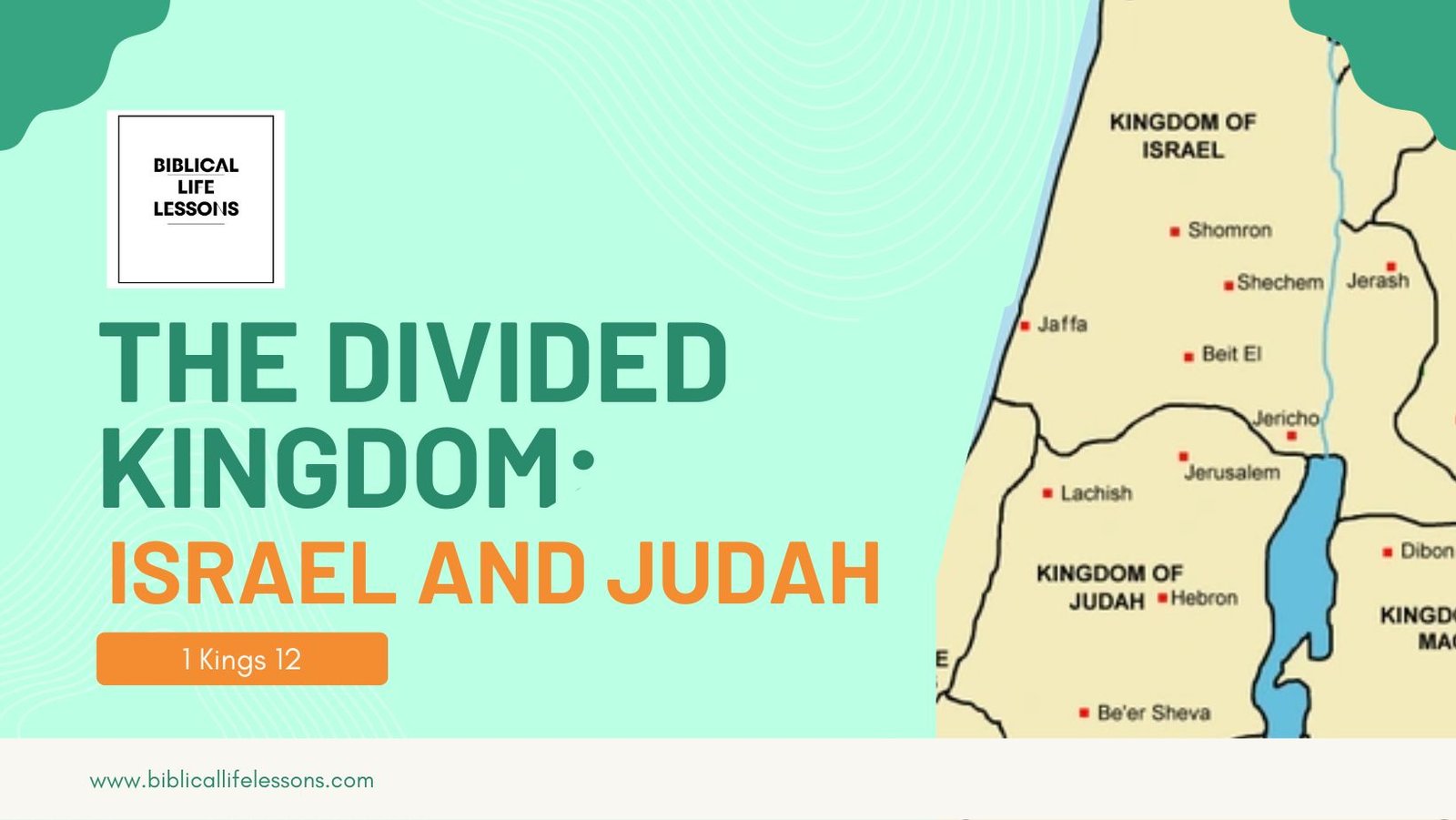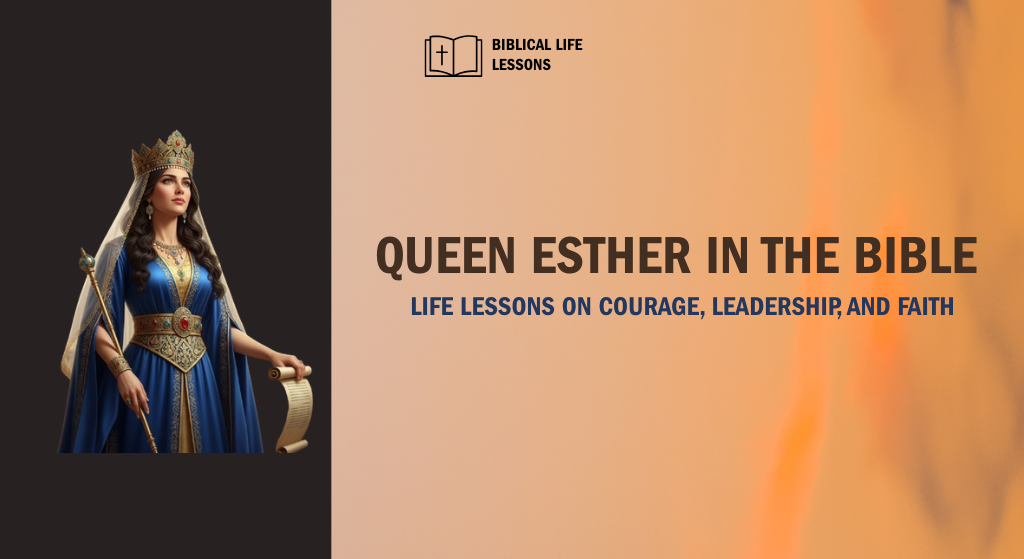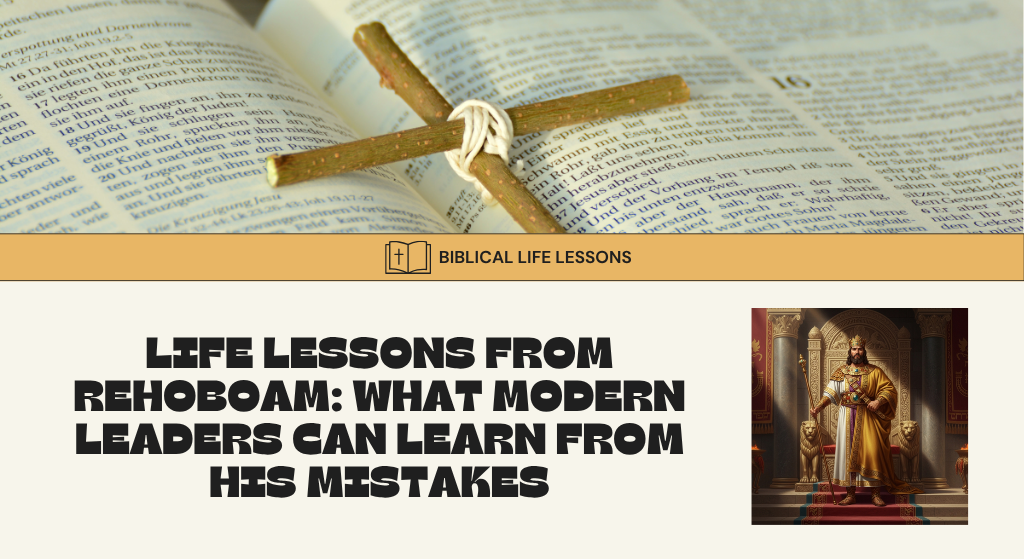The division of Israel into two kingdoms, Israel and Judah, as documented in 1 Kings 12, marks a significant turning point in biblical history. This pivotal event, driven by political and spiritual tensions, holds invaluable lessons for understanding the consequences of division and the importance of unity.
Context and Causes
Following the reign of King Solomon, the Israelite kingdom faced internal strife. Solomon’s heavy taxation and forced labor for grand construction projects led to widespread discontent. When Solomon’s son, Rehoboam, succeeded him as king, the people sought relief from their burdens.
1 Kings 12:4 (NIV)
“Your father put a heavy yoke on us, but now lighten the harsh labor and the heavy yoke he put on us, and we will serve you.”
Rehoboam, seeking counsel, initially heeded the advice of his father’s elders to show compassion and alleviate the people’s hardships. However, influenced by his contemporaries, he instead adopted a harsh approach.
1 Kings 12:14 (NIV)
He followed the advice of the young men and said, “My father made your yoke heavy; I will make it even heavier. My father scourged you with whips; I will scourge you with scorpions.”
This decision led to a decisive split. The ten northern tribes, led by Jeroboam, rebelled against the house of David, forming the kingdom of Israel. Rehoboam retained rule over the tribes of Judah and Benjamin, establishing the kingdom of Judah.
Life Lessons from the Division
1. The Perils of Stubbornness Rehoboam’s unyielding stance exemplifies the dangers of stubbornness in leadership. His refusal to heed wise counsel resulted in a fractured kingdom. This serves as a stark reminder of the need for leaders to prioritize the well-being and unity of their people.
2. The Importance of Compassion The initial advice given to Rehoboam by the elders highlights the value of compassion and empathy in governance. Leaders who show understanding and address the needs of their constituents foster unity and loyalty.
3. The Consequences of Division The division of Israel and Judah brought about a weakened collective identity. It led to rivalries, conflicts, and ultimately, the downfall of both kingdoms. This serves as a cautionary tale about the perils of internal division.
4. The Longing for Unity Throughout the biblical narrative, there is a recurring theme of yearning for unity among God’s people. The division of Israel and Judah serves as a powerful reminder of humanity’s innate desire for collective harmony.
Reconciliation and Restoration
Despite the division, there were moments of reconciliation and attempts to restore unity between Israel and Judah. However, the overarching legacy of the divided kingdom serves as a sobering reminder of the enduring impact of division.
In examining the events of 1 Kings 12, we are compelled to reflect on the broader implications of division, both historically and in contemporary society. It underscores the vital importance of wise and compassionate leadership, and the enduring human aspiration for unity.
As we navigate the complexities of our own time, may we draw wisdom from the lessons of Israel and Judah, and endeavor to foster unity, understanding, and compassion within our communities and beyond.
Let us heed the call for unity and work towards a world marked by empathy, reconciliation, and collective well-being.
Subscribe for Daily Email Devotionals









